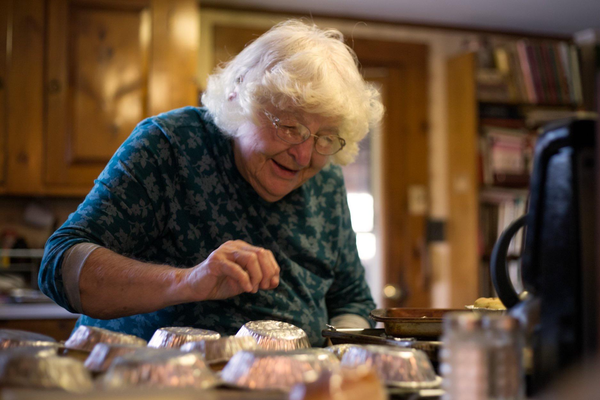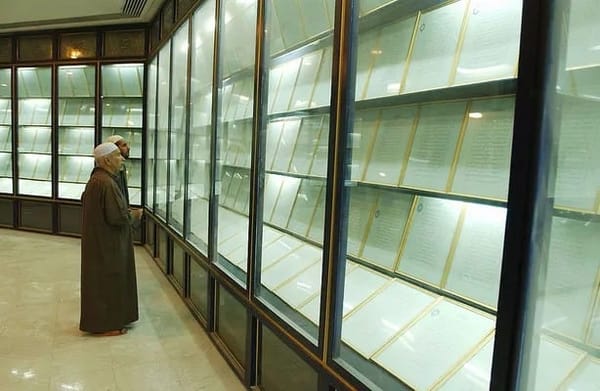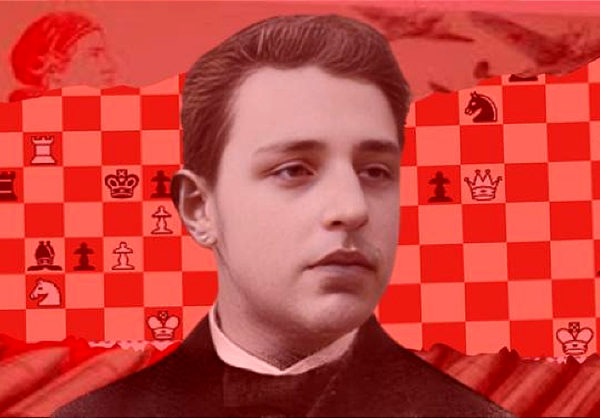The Vatican’s secret role in the science of in-vitro fertilization
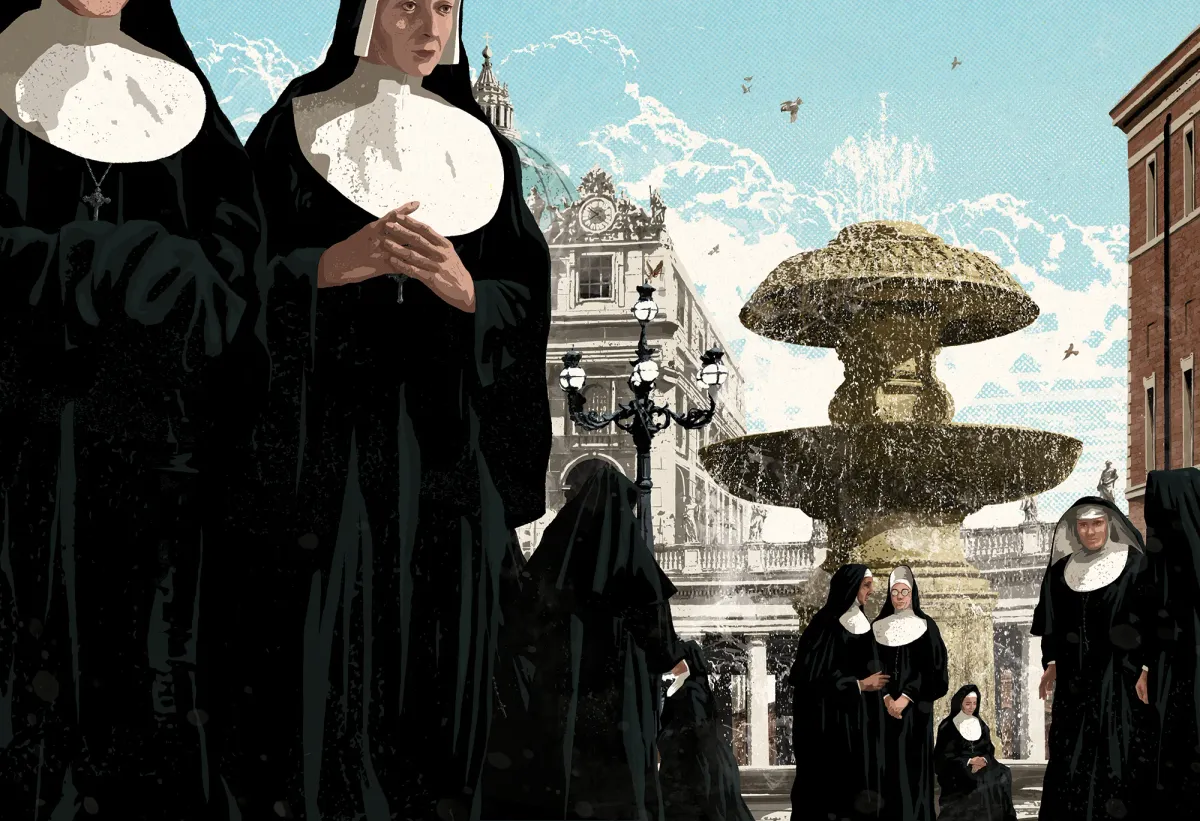
From Vanity Fair: "On a spring day in Rome in 1957, 30-year-old Bruno Lunenfeld gave one hell of a presentation. For four years he had been developing a therapy that would induce ovulation in women struggling with infertility. What he needed now was the support of the Istituto Farmacologico Serono, whose staff scientist had been working on a similar endeavor. The men listened politely, but at the end of the presentation they told him, with regret, that they couldn’t help. It seemed unlikely, for instance, that Serono would be able to procure the vast quantities of one specific essential substance without which the drug couldn’t be made. Lunenfeld left, but then a member of the board approached him with an idea. In the end, over a hundred post-menopausal nuns provided 30,000 liters of their urine, and that was enough to make 9,000 vials of 75 units, which in turn was sufficient for 450 ovulation induction cycles."
The Webster Apartments: One of Manhattan’s last women-only boarding houses

From the Paris Review: "I am greeted by the same sight that greeted tens of thousands of young women before me, the same sight that greeted a younger self when my cab from JFK pulled up a decade ago, that greeted the department store girls arriving in the city with their belongings in trunks a century before that, and all the residents between and since: a red-brick facade towering over West Thirty-Fourth Street, its name proudly chiseled into stone, "The Webster Apartments." Charles Webster was the cousin of Rowland Macy and head of Macy’s department store. Upon Webster’s death in 1916, he left one-third of his wealth to build and maintain a hotel for single working women in Manhattan’s retail district—somewhere the Macy’s shop clerks could lay their heads. Rent would be kept low enough for their meager earnings, with the apartments not run for profit. And so the Webster’s doors opened in November 1923."
An interview with one of New York's most notorious professional pickpockets

From the New York Times: "Wilfred Rose spent a career studying the pants pockets of New Yorkers, always on the lookout for “a nice stiff wallet” full of cash, or better yet, the fainter outline of a dozen folded bills. “When they are wearing a suit, or nice pants, you can visualize it,” said Mr. Rose, whom detectives describe as one of the city’s craftiest pickpockets. “You know when it’s there.” For years, Mr. Rose had his run of New York, largely evading detection and arrest. There was the time, he claims, that he decided to show off after spotting an off-duty sergeant, a renowned chaser of pickpockets, on his way to Yankee Stadium. Mr. Rose sidled up to him in the crowded train, plucked a roll of $300 from the man’s pocket and slipped $30 or $35 of his own money, in smaller denominations, into the sergeant’s pants. When the sergeant recognized Mr. Rose one stop later, he patted his pocket, reassured to feel money there."
(Editor's note: If you like this newsletter, please share it with someone else. And if you really like it, perhaps you could subscribe, or contribute something via my Patreon. Thanks for being a reader!)
Clarence King lived a double life: One as a white man an one as a Black man
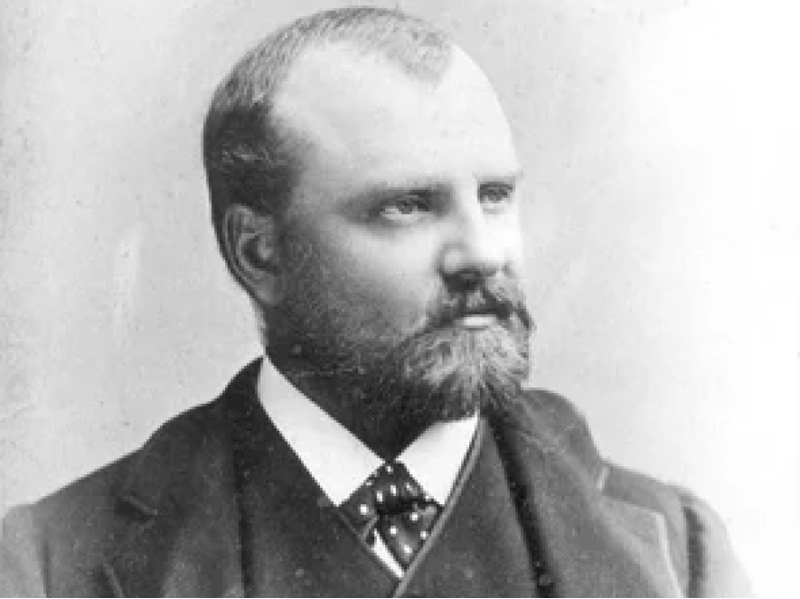
From NPR: "Ada Copeland, an African-American woman born in Georgia just months before that state seceded from the Union, moved to New York City in the mid-1880s. There, she met a man named James Todd. He was light-skinned, handsome, had a good job for an African-American man in that time – a Pullman porter. They hit it off, and eventually married. They had five children and a house in Brooklyn. Their story would be unremarkable if not for one detail: Nothing James had told his future wife was true. "James Todd was really not black, he was not a Pullman porter, and he was not even James Todd," author Martha Sandweiss told NPR. "He was in fact Clarence King, a very well-educated white explorer." King's case is also remarkable because he didn't inhabit his assumed identity all the time. When he was away from his family, King went by his real name and moved easily through white society. In essence, he lived two lives."
The German version of The Jungle Book is the most popular German movie of all time

From the Hollywood Reporter: "Germans have bought 27.3 million tickets to watch the original Jungle Book in theaters, nearly 10 million, by admissions, more than Titanic, the second-most successful film here with 18.8 million tickets sold. Avatar is a distant third with 11.3 million. The film’s amazing teutonic success story is attributable to talent and lucky timing, and of a group of irreverent German musicians and cabaret artists who freely adapted the original Disney songs to suit their generation. It is, most of all, the story of Heinrich Riethmuller, the German composer and music producer who, after producing the German dub work for Disney’s Mary Poppins in 1964, got offered the Jungle Book gig. For the first time, Riethmuller had full control: he wrote the German translation and adapted the film’s songs."
Charles Darwin's multimillion-dollar notebooks have been missing for more than 20 years
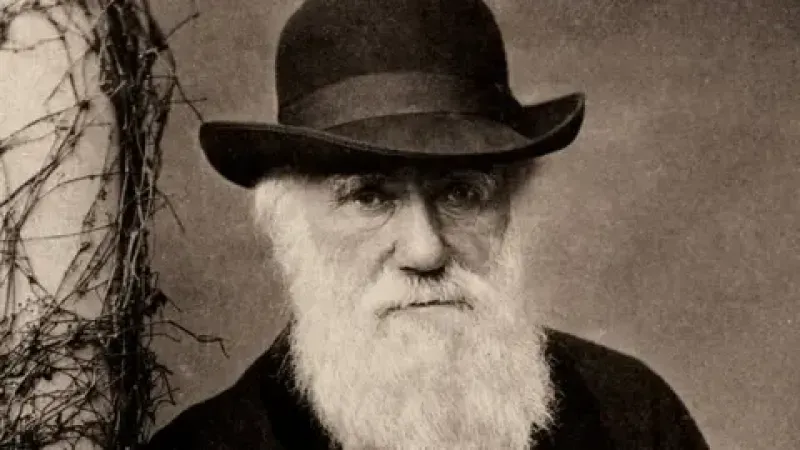
From the BBC: "Cambridge University Library has announced that two notebooks written by Charles Darwin, worth many millions of pounds, have been missing for 20 years. One of them contains the 19th Century scientist's famous Tree of Life sketch, exploring the evolutionary relationship between species. Following an "extensive search", curators have now concluded they have probably been stolen. They are launching a public appeal for help in trying to find them. The notebooks were last seen in November 2000 after an internal request to remove them from a special manuscripts storeroom to be photographed. They were taken to a studio, which at the time was in a temporary building in the grounds of the university library because work was taking place. It was only during a routine check two months later that it was discovered they were missing."
What a sandbox for men looks like
need. pic.twitter.com/5VMtNRlIMT
— internet hall of fame (@InternetH0F) May 29, 2024
Acknowledgements: I find a lot of these links myself, but I also get some from other newsletters that I rely on as "serendipity engines," such as The Morning News from Rosecrans Baldwin and Andrew Womack, Jodi Ettenberg's Curious About Everything, Dan Lewis's Now I Know, Robert Cottrell and Caroline Crampton's The Browser, Clive Thompson's Linkfest, Noah Brier and Colin Nagy's Why Is This Interesting, Maria Popova's The Marginalian, Sheehan Quirke AKA The Cultural Tutor, the Smithsonian magazine, and JSTOR Daily. If you come across something interesting that you think should be included here, please feel free to email me at mathew @ mathewingram dot com

